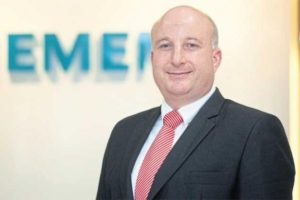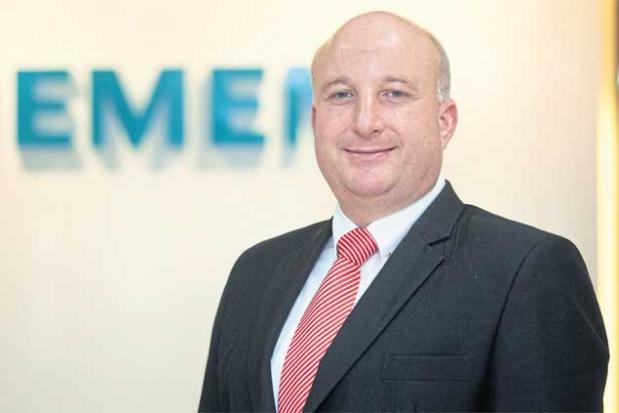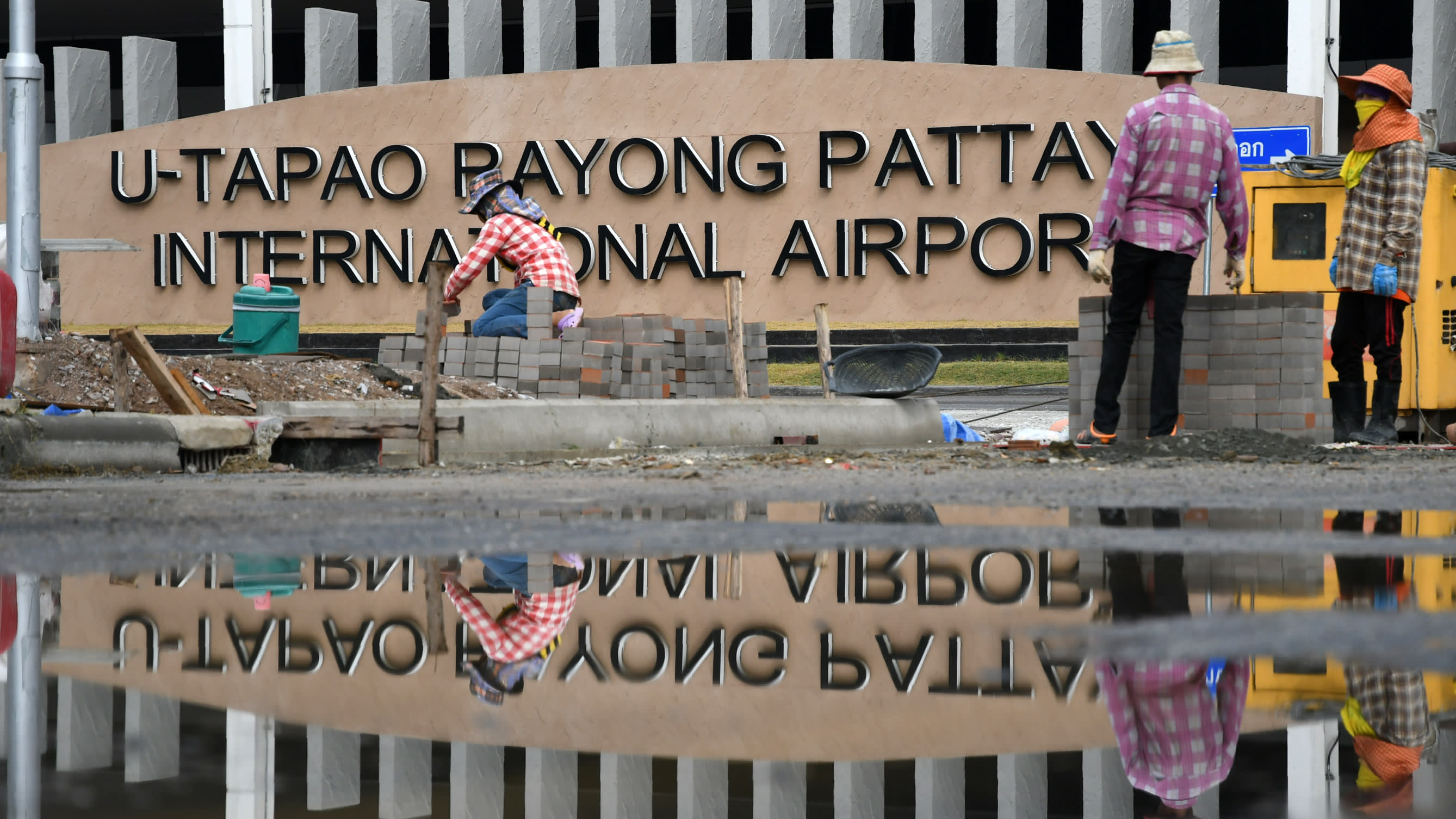
Local subsidiary of German maker of trains and turbines to bid for mass transport, power plant projects
Siemens Thailand chief executive Markus Lorenzini says Siemens AG’s plan to cut costs by €1 billion by 2020 would have minimal impact on the operation of Siemens Thailand since the company is still performing well.
Siemens Ltd Thailand, a subsidiary of Siemens AG, the German maker of trains and turbines, says it will compete in upcoming bids to be a major provider of mass transport systems and power plant projects in Thailand in order to push up the company’s revenue.
Siemens Thailand will bid to be a provider of products and engineering services for several power plants and mass transit projects, said president and chief executive Markus Lorenzini.
Winning these projects, especially for mass transport, is expected to deliver a huge increase in revenue from the moderate growth that the company is facing.
Its revenue now comes from transport and energy facilities, including transmission systems and smart grids, Mr Lorenzini said.
He said Siemens submitted a bid to provide gas turbines for the Electricity Generating Authority of Thailand (Egat) South Bangkok station with a combined cycle power-generating capacity of 1,300 megawatts. The result is due to be announced soon.
Siemens also bid to be a provider of power generators for Egat’s coal-fired power plant in Krabi and will also bid for another coal-fired power plant in Songkhla. Those projects will have generating capacities of 800MW and 2,000MW, respectively.
“Siemens aims to provide state-of-the-art technology to ensure the efficiency and sustainability of our customers’ operations,” Mr Lorenzini said.
The mobility sector is another main contributor of revenue, which consists of providing operation management systems and supplying rail vehicles for mass transit, he said.
He added that Bangkok’s two mass-transit systems, the BTS and the MRT, are considered to be the standard of quality of the company that still generates income from existing maintenance contracts.
Mr Lorenzini said Siemens Thailand also supplies trains for the Airport Rail Link system.
In addition, the company aims to participate in bids to supply trains and systems for the extensions of the BTS (Bearing-Samut Prakan) and the MRT (Bang Sue-Tha Phra and Hua Lamphong-Bang Khae), including the upcoming Pink and Gold Line monorail lines.
“Siemens is very interested in supporting and implementing our technologies for these upcoming mass transit projects,” Mr Lorenzini said.
Regarding the Pink Line and Gold Line monorail systems, he said Siemens will only offer electrification and transmission systems since the company does not provide any monorail system.
Mr Lorenzini said the Bangkok Mass Transit System Public Co (BTSC) was now considering the life-cycle costs of trains used in the mass-transit system, which also includes maintenance costs.
After purchasing trains from Siemens, BTSC purchased other trains from a Chinese supplier, he said.
“Chinese trains are cheaper, but they are less efficient and need more maintenance as well as requiring more frequent changes of spare parts,” Mr Lorenzini said.
However, the government considers the rail projects only in terms of investment to help spur the economy, Mr Lorenzini said, instead of thinking of them as long-term projects that should have cheaper maintenance costs.
He said there was increasing demand for high-voltage power transmission systems to support the rise in power-generating capacity from renewable energy sources in Thailand, with the government lending full support to attract investment in solar farms and wind farms.
This would help boost demand for wind turbines and transmission lines.
Siemens Thailand also provides integrated software and hardware technology for factories and buildings as well as for the healthcare industry.
Mr Lorenzini said Siemens recently upgraded cane-crushing machinery for Kaset Thai International Sugar Corporation (KTIS), which switched from an old steam turbine system to an electrical motor system, provided by the company.
“Many other companies in the sugar industry have also expressed an interest in the technology that we provide for KTIS,” Mr Lorenzini said.
He said Siemens AG’s plan to cut costs by €1 billion (39.6 billion baht) by 2020 would have minimal impact on the operation of Siemens Thailand since the company is still performing well.
“Siemens aims to cut costs only in slow-growing markets such as Europe and the US, but Asean remains a fast-growing market,” Mr Lorenzini said.
Source: http://www.bangkokpost.com/business/news/935301/siemens-on-a-thai-mission


